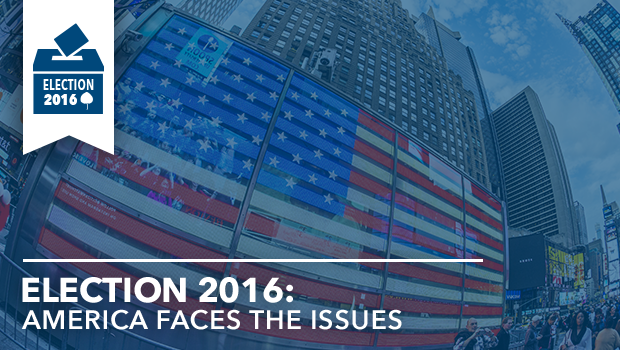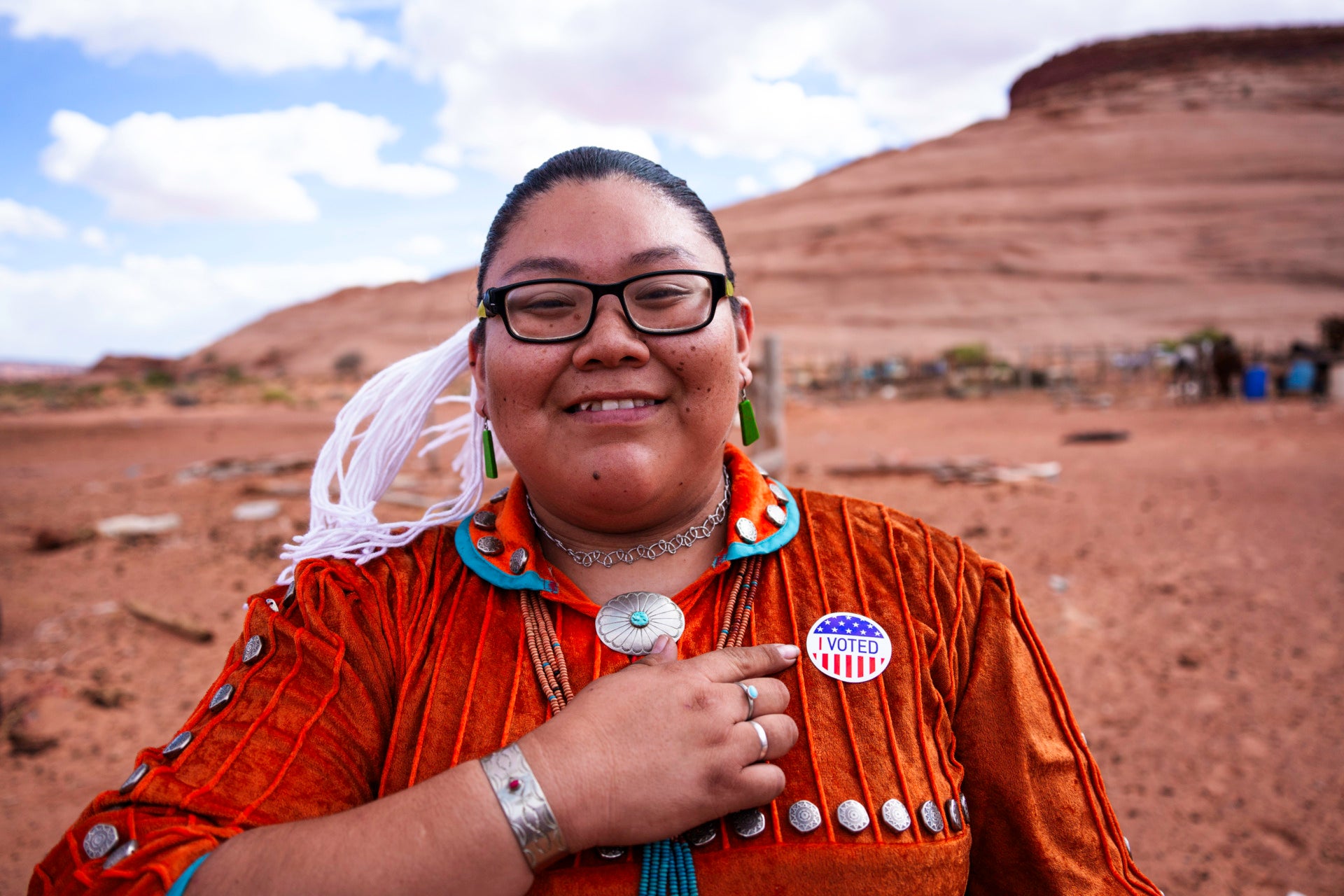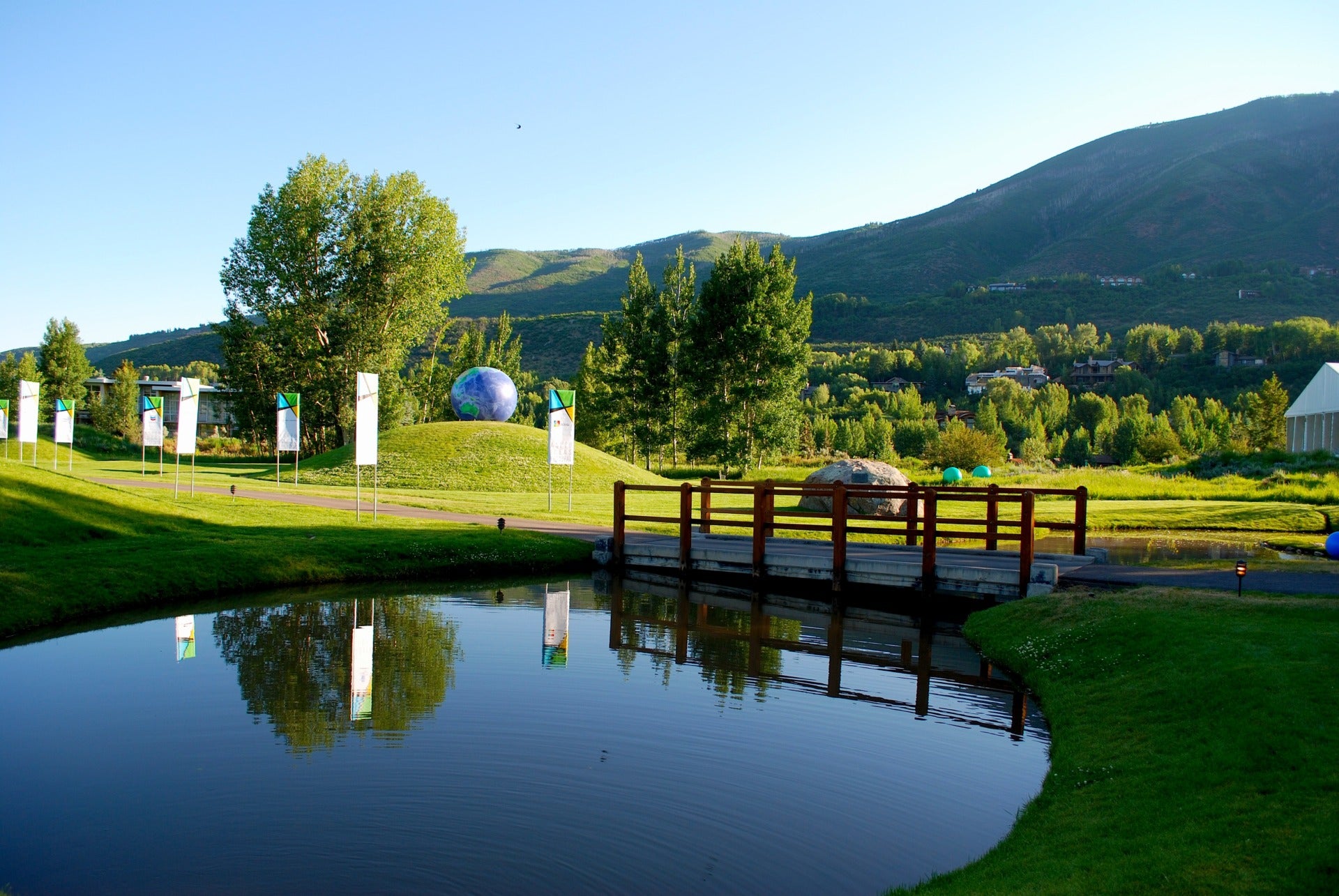For anyone still in a post-election stupor, unsure what to do or how to repair our ailing democracy, here are three words of advice:
Start a club.
I don’t mean that sarcastically, as in, “Oh, you got a beef with Trump or the rest of them in Washington? Well, join the club!” I mean it literally. Make a group. Invite people. Create rules and rituals. Establish goals. Meet regularly. In short: Start a club.
This is the great democratic self-cure sitting right before our eyes. I was reminded of this immediately after the election, when so many people I knew were in states of shock or despondence. At Citizen University, the nonprofit I run, my colleagues and I decided that doing something was better than doing nothing. We accelerated plans for a project called Civic Saturday, which we’d been intending to launch in the new year but instead launched four days after Donald Trump was elected president.
Civic Saturday is a civic analogue to church: a gathering of friends and strangers in a common place to nurture a spirit of shared purpose. But it’s not about church religion or synagogue or mosque religion. It’s about American civic religion—the creed of liberty, equality, and self-government that truly unites us (even as we argue over it). We invented Civic Saturday because even before the election we felt that citizens need ritual, shared experiences to help them make sense of our changing country.
We designed a simple structure that will feel familiar to anyone who’s been to a faith gathering: song, a greeting of neighbors, quiet meditation, readings of civic scripture (great American texts, some well-known, like the Preamble to the Constitution; others little-known, like Judge Learned Hand’s speech on the true spirit of liberty), then a sermon, followed by a long (8-10 minute) collective silence adapted from Quaker meetings, in which anyone moved to share a reflection may rise briefly and break the silence before restoring it, and finally, another round of collective singing.
We found a great location on short notice: the basement reading room at Seattle’s Elliott Bay Book Company. We put out a call on Facebook, describing in very spare terms what we intended. We found an acquaintance who could lead us in song. Then we prepared for the possibility that just a handful of people would really show up on four days’ notice (and we thought that would be just great).
When Saturday morning came, over 220 people had crammed into the reading room. It was standing-room only. In this low-ceilinged underground space lined with old books, it felt like we were at a resistance meeting. In a way, we were. But the resistance was not only against the most-feared aspects of a Trump administration; it was also against the sense of helplessness and disorientation that had brought so many there.
My wife Jená Cane, co-founder of Citizen University, opened the proceedings, and I followed with the tentative norm-setting of a first-time pastor. Well before I got to my sermon, which was called “A Divided Heart,” tears were flowing. A young woman in a hijab read from Susan B. Anthony’s statement at trial. A daughter of Korean immigrants read Judge Hand’s speech. A Japanese American woman read Langston Hughes’ short poem “Refugee in America” (“There are words like Liberty / That almost make me cry / If you had known what I knew / You would know why”).
During the silences, the feeling of so many people choosing to be quiet together was profound. Those who rose during the Quaker silence included a son of undocumented immigrants, women from small towns who’d come to the city not as elites but as outsiders who needed refuge, and a Trump supporter who noted that Kellyanne Conway was the first woman to manage a successful presidential campaign.
The second Civic Saturday, held on Thanksgiving weekend and moved to a larger location (an actual church), was also packed. And as word has spread, people around the United States have asked us to bring it to their communities.
Our answer has been: Maybe. But far better would be for you to start your own. Because the insight we got from this experience was not about the magic of our formula but about the magic of making a club. Any kind of club.
So many people who opposed Trump have been searching for solace on social media, asking for guidance and posting campaign post-mortems. But the ones who’ve adapted most constructively to the new reality have taken all the searching and asking offline. Face-to-face. In clubs that they have created.
Consider the organization NationSwell, which organizes Millennial civic reformers in cities around the country to come together for long dinners to reflect on what they can do for our country. The simple rituals of reflection and commitment-making at these gatherings make the NationSwell Council more than a networking group. And give the participants a sense that they can indeed change this country, together.
Or consider Benjamin Franklin Circles, a project catalyzed by the 92nd Street Y in partnership with the Hoover Institution at Stanford and Citizen University. These are clubs of eight or 10 people who agree to meet for dinner once a month for 13 months. And at every meeting, they agree to discuss how they’ve tried to live out one of the 13 virtues young Benjamin Franklin held himself to during his period of moral formation. This month the topic might be temperance or tolerance or justice. But every month, what happens is that bonds form that transcend the topic: bonds of friendship and reciprocity that make people feel they can indeed change this country, together.
Ben Franklin is a rather apt model for this moment. Yes, the man was a scientist, diplomat, publisher, politician. But at heart he was a club-maker. As Walter Isaacson recounts in his Franklin biography, this classic “self-made” man made himself by putting himself constantly in the company of others: He formed philosophical clubs, political clubs, scientific clubs, firefighting clubs. The Circles that bear his name now sustain that spirit of mutual self-help. Need purpose? Invite some folks to help make it with you.
Another way, then, of stating my opening words of advice: Be like Ben.
You might ask: What about the people who supported Trump? Would these three words apply to them? Certainly. They’re no less human and in need of fellowship and collective meaning in these times. But more importantly, just because their candidate won doesn’t mean they’ve been enjoying a surge of civic participation. Indeed, people who voted Trump may be in even greater need of the kind of social capital and human contact that a civic club provides.
To see why, it’s worth comparing Trump voters with the activists who launched the Tea Party in 2010. The Tea Partiers, at least at the beginning, were a true web of citizens who found each other and organized themselves into power. They were fueled by an idea and they exercised their citizen muscle to plan thousand-person conference calls, co-opt town meetings, and develop messages for lobbying elected officials. They held each other accountable for making things happen that no one else would make happen.
Trump supporters, by contrast, were more like fans than organizers. The crowds at his rallies were glad to be in a crowd. Many other Trump supporters kept their preferences quiet. Either way, they didn’t generate the kind of peer-to-peer local activism that the Tea Party did. Trump’s message that “he alone” could solve their problems wasn’t a turn-off; it was the draw. He was a magnet; his followers, iron filings.
To be sure, there is power in this method: enough, obviously, to win the presidency. But there is a healthier kind of power in the club-making that Franklin practiced, and that Americans throughout the 19th century practiced with almost maniacal fervor. This ecosystem of associational life, which Alexis de Tocqueville admired in its rise and Robert Putnam lamented in its decline, is where America’s hopes truly lie. Indeed, today it’s immigrants—newcomers motivated to figure out the system—who start and run some of the most robust and useful civic clubs in the country.
Whether you’re of the left or right, whether you’re terrified or excited about the administration to come, low participation, high cynicism, and creeping authoritarianism are signs of just how sick the American body politic is. It’s time to take responsibility for the cure. Go start a club. You just might make our democracy great again.
This piece originally appeared at The Atlantic.


